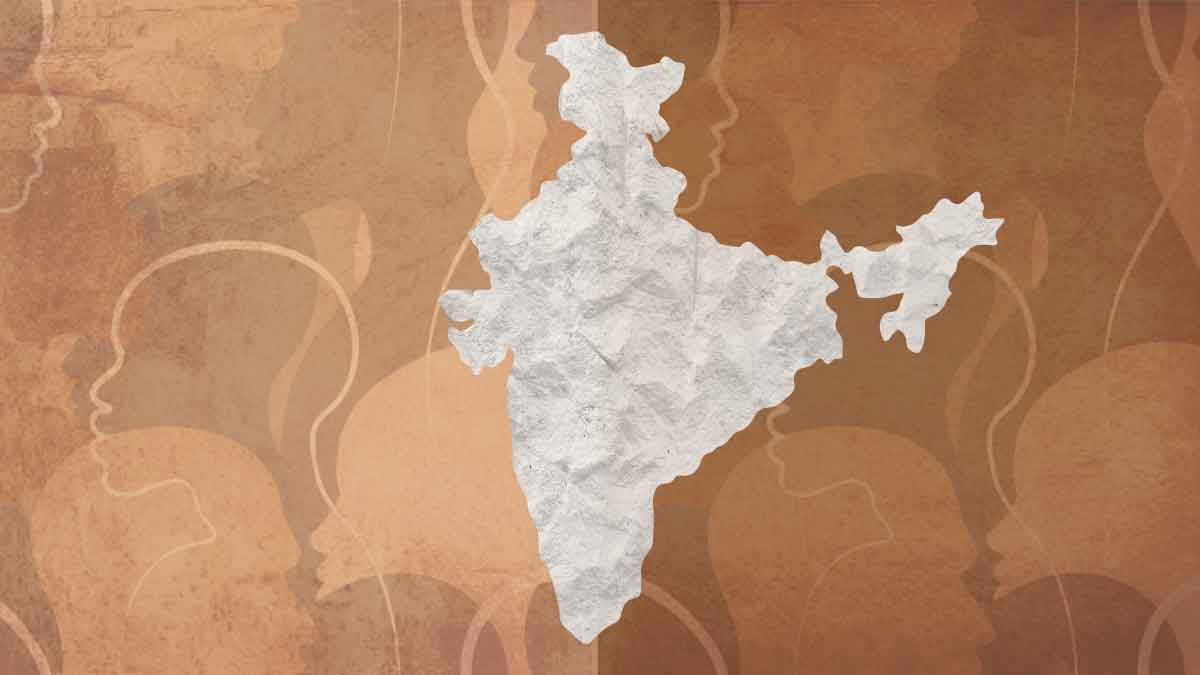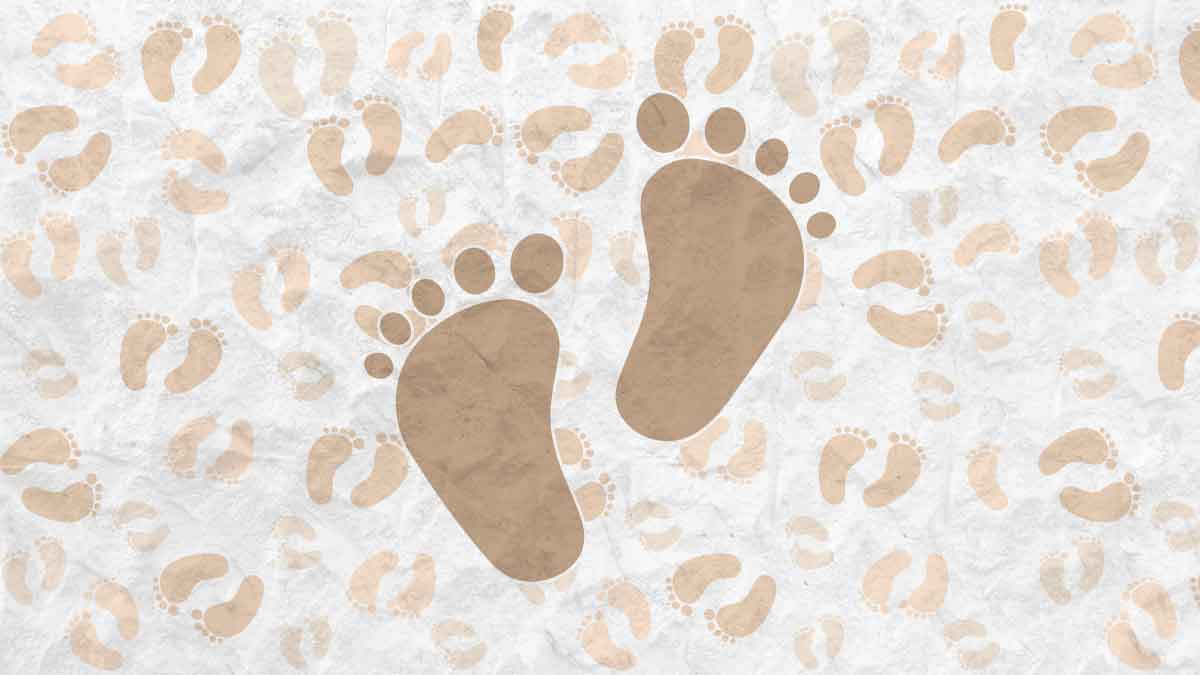
India's enduring fixation on fair skin is still here, fueled by society's preference for a lighter complexion over a dark one. An unfortunate occurrence recently led to a tragic loss of life, that of an 18-month-old baby. A man in Andhra Pradesh's Karempudi allegedly poisoned his 18-month-old daughter over her dark skin in the name of 'prasadam'.
The infant's mother Shravani was being tortured by her in-laws and husband for the baby girl's complexion for months. In her report filed with the local police, she alleged that her husband tried to kill baby Akshaya by locking her in a room, drowning her in a tub and even throwing her against a wall earlier.
After multiple failed attempts, Mahesh decided to poison the baby. On March 31, when Shravani found the baby's nose bleeding, she rushed her to the Karempudi Government Hospital where she was declared dead. Mahesh reportedly convinced her wife to tell the relatives that the baby died due to a stroke. The baby was buried without any investigation. While the infant's mother was grieving over her child's loss, her mother got suspicious and asked the local Panchayat for intervention. Andhra Pradesh Child Rights Protection Commission is also investigating the matter now. (Source: Times Now)

Sneha Dev, Clinical Psychologist, The Child Clinic, New Delhi speaking of the mental state of the man obsessed over complexion and committing a heinous crime like this one said, “The psychology behind a man in India obsessed with skin colour, to the point of committing a heinous act like murder, is complex and deeply rooted in societal norms, cultural beliefs, and historical influences. Addressing this issue requires challenging the deeply ingrained beliefs and attitudes about skin colour, promoting diversity and inclusivity, and fostering self-acceptance and empathy within communities.”
Safe to say that the influence of British colonialism on beauty standards in India has left a lasting impact on all of us. The colonial era made us Indians believe that fair skin was superior and associated with beauty, power, and privilege. Ideally, we should reconsider our yearly celebrations of independence from the British Raj, given the beauty standards established during that era continue to be deeply ingrained in our minds.
Despite all the chatter around inclusivity and cultural values, the preference for fair skin exists even today. Be it matrimonial advertisements or beauty product marketing, the 'fairness' label holds its position rock solid.
The idea is further reflected in the media and advertising sphere where we hardly see any shift towards embracing all skin tones. The belief that fair-skinned actors appeal more to audiences persists and this further leads to the continued preference for fair actors in lead roles in Indian cinema.
Don't Miss: Nawazuddin Siddiqui Talks About Bollywood’s Obsession With Fair Skin
Actresses in the past have opened up about struggles due to their dark complexion. From Priyanka Chopra to Radhika Apte, celebrities in showbiz too in the past were given labels, and subjected to criticism because of their skin colour.
In the past, actors like Alia Bhatt, Hrithik Roshan, and Ranveer Singh underwent skin darkening for movies like Udta Punjab, Super 30, and Gully Boy, with actually no relevance to each of their characters, highlighting the unfortunate state of our minds that still equate skin colour with socio-economic statuses.
Don't Miss: Light Skin, Dark Legacy: How Colonial Beauty Standards Continue to Shape Colourism In India
If we start digging out today, the majority of marriage proposals (rishtas) even today are focused on finding a fair-skinned wife or daughter-in-law. A fair-skinned daughter-in-law is seen as a source of pride for the family, reflecting positively on the status, additionally, increasing the chances of having fair-skinned heirs.
Here we are in 2024, yet regrettably, we haven't been able to challenge and dismantle these deeply ingrained biases in our society. The consequence? Horrific crimes such as this one, which exceed all bounds of humanity, paint a dark picture of our future.
India clearly isn't the safest place to be born a girl. It brings along significant challenges and dangers for the gender. Lack of acceptance within our homes to begin with based on our complexion and if we do manage to survive that, the vulnerability to various forms of violence including domestic abuse, sexual harassment, acid attacks, and female foeticide among others keeps looming over. The question remains: where are we headed?
Our aim is to provide accurate, safe and expert verified information through our articles and social media handles. The remedies, advice and tips mentioned here are for general information only. Please consult your expert before trying any kind of health, beauty, life hacks or astrology related tips. For any feedback or complaint, contact us at [email protected].